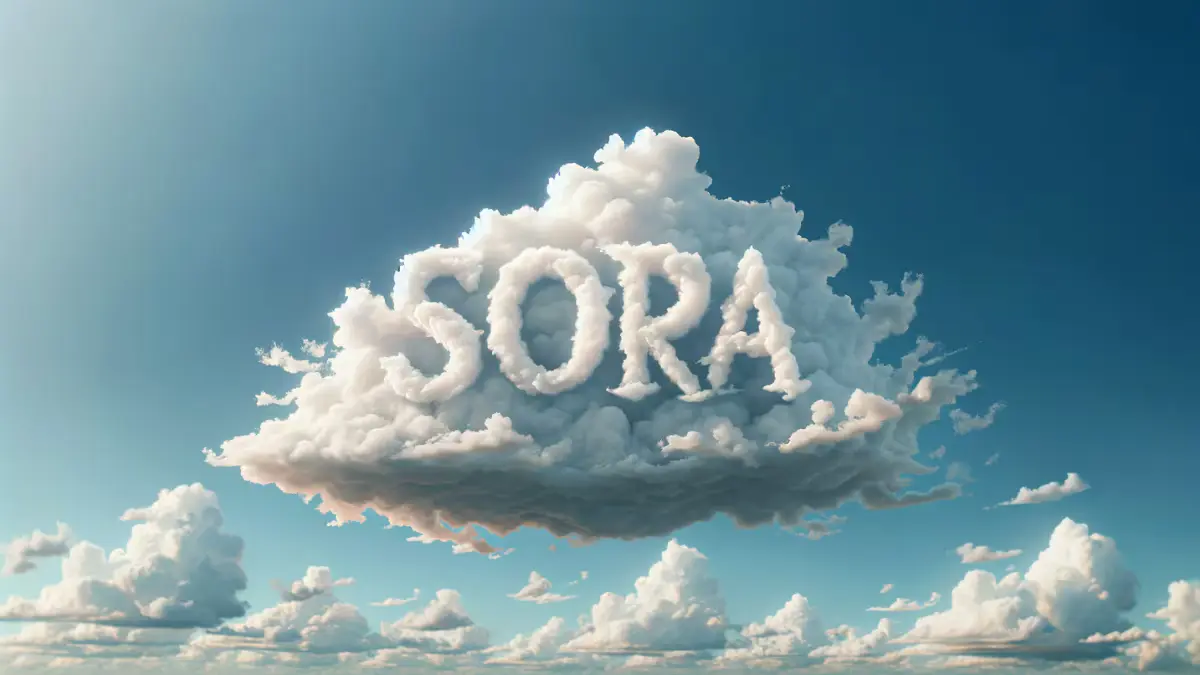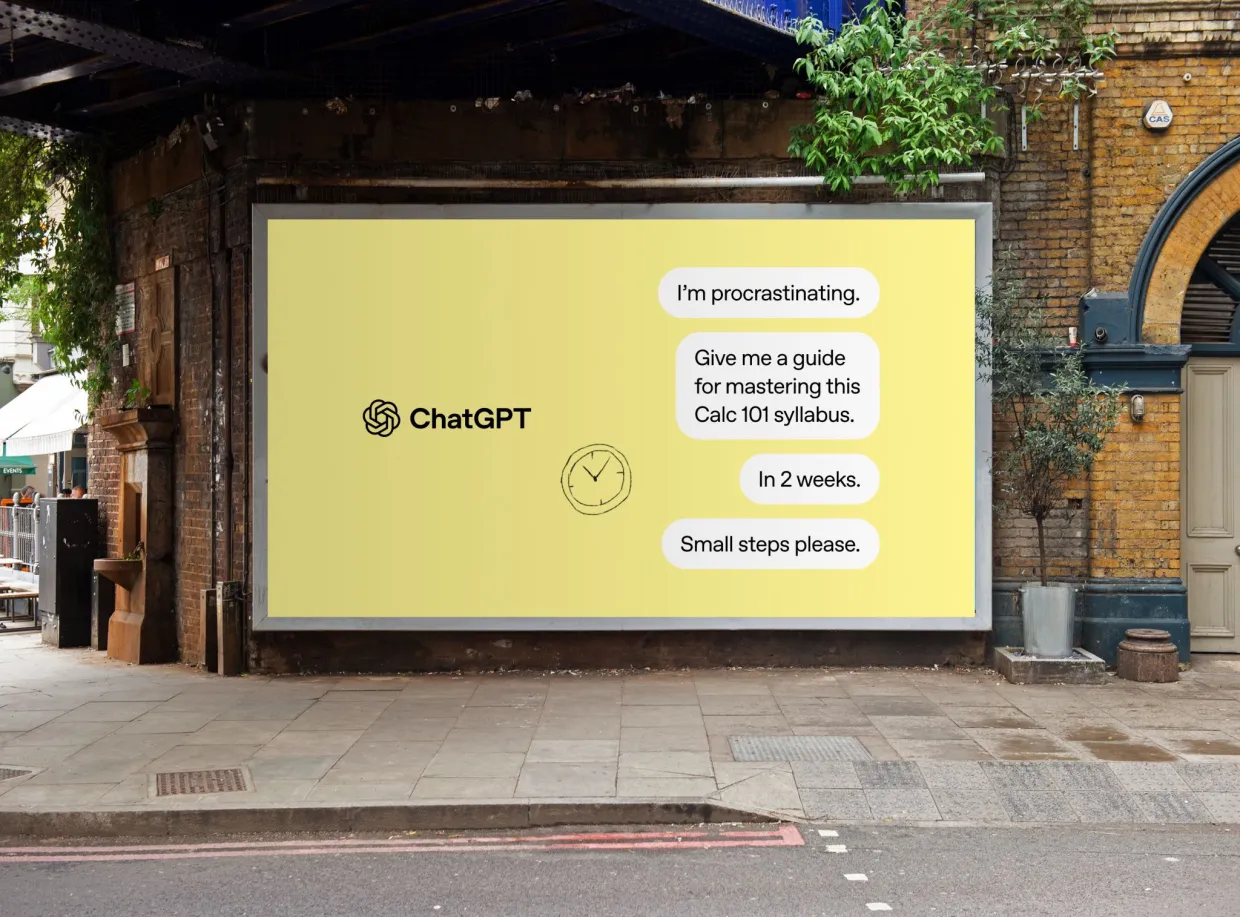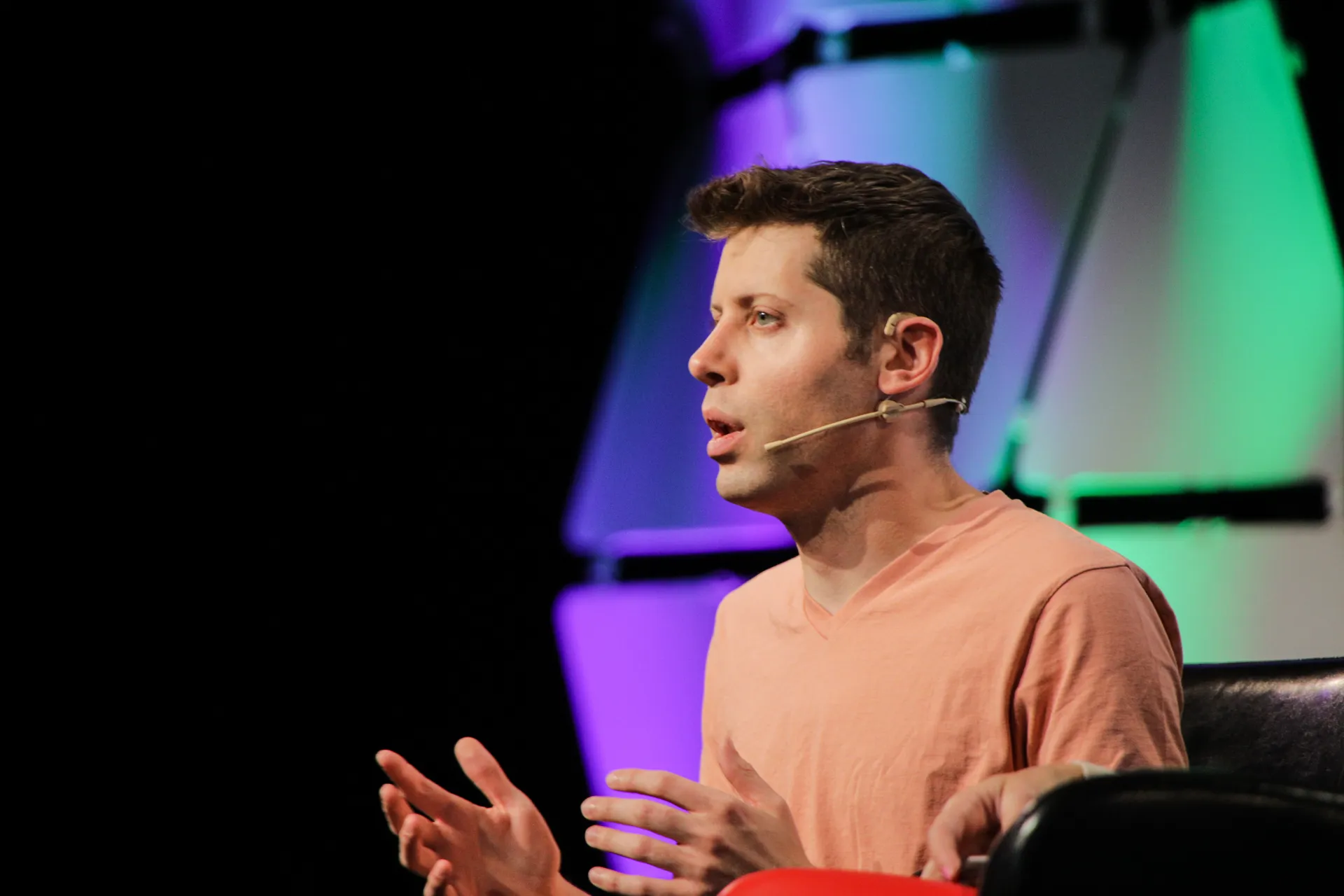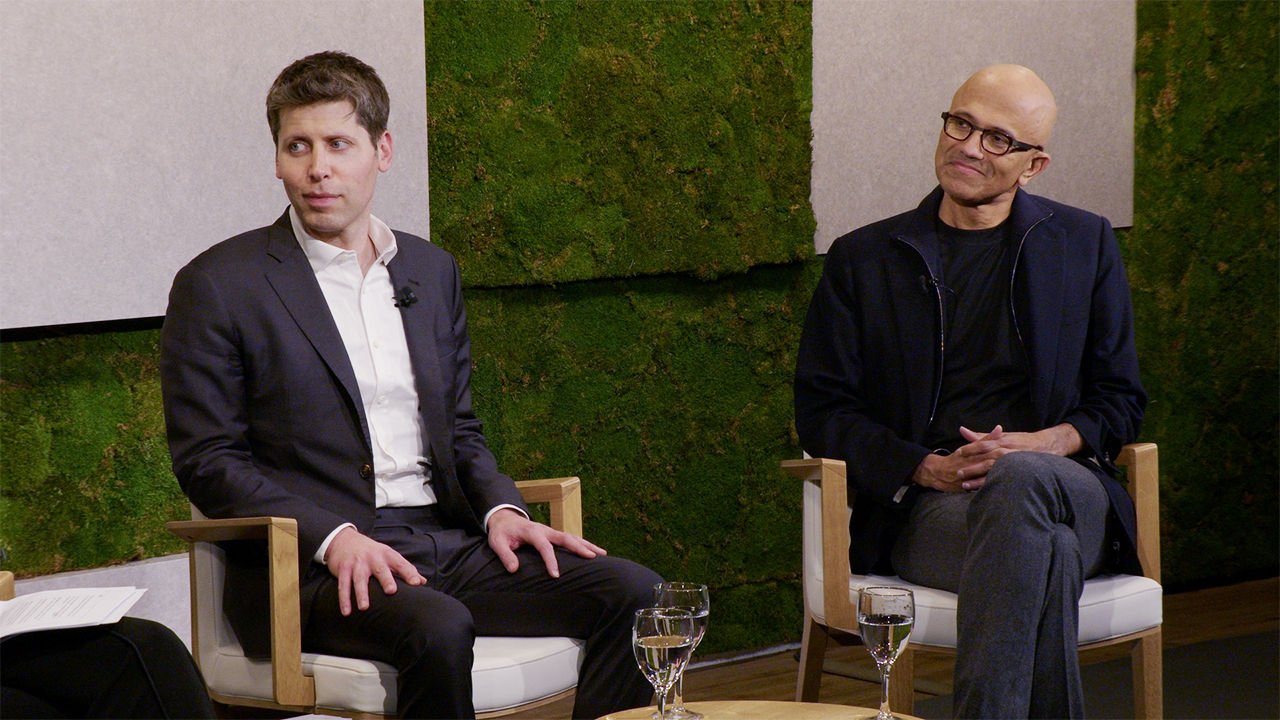OpenAI’s eagerly awaited text-to-video generation model, Sora, has faced an unexpected roadblock as a collective of artists reportedly leaked the tool in protest against OpenAI’s treatment of creative professionals. The incident highlights broader concerns over the use of AI tools in the arts and the ethical responsibilities of AI developers.
What is Sora? A Quick Overview
First unveiled in February 2024, Sora is OpenAI’s foray into text-to-video generation, capable of producing high-fidelity 10-second clips up to 1080p resolution. Known for its groundbreaking capabilities, Sora was designed to set a new standard for AI-driven video creation.
Despite the initial hype and a tentative launch date hinted for late 2024, the tool remains in beta testing, with its release timeline further delayed following the controversy.
The Leak: Artists Take a Stand
The leak reportedly occurred on November 26, 2024, when a group of beta testers hosted a public interface for Sora on Hugging Face, enabling anyone to generate videos. The tool was accessible for approximately three hours before OpenAI disabled the backend servers. The group, identifying as “Sora PR Puppets,” shared an open letter criticizing OpenAI’s practices.
Key Claims by the Artists
- Exploitative Practices: The artists accused OpenAI of exploiting their unpaid labor for bug testing, feedback, and experimental work, while reaping substantial PR and marketing benefits.
- Minimal Compensation: Participants were reportedly offered insufficient compensation that failed to reflect the value of their contributions to a company valued at $150 billion.
- Restrictive Content Approval: OpenAI’s requirement to approve every generated video before public sharing was seen as stifling and unnecessary.
- “Art Washing” Allegations: The group argued that OpenAI used them as “PR puppets” to showcase Sora as artist-friendly without truly addressing artists’ concerns.
In their open letter, the group wrote:
“Artists are not your unpaid R&D. We are not free bug testers, PR puppets, training data, or validation tokens.”
They also emphasized the need for greater transparency, fairness, and support for the arts beyond what they described as superficial gestures.
OpenAI’s Response
OpenAI’s spokesperson, Niko Felix, confirmed the temporary suspension of all user access to Sora while the company investigates the incident. In a statement, Felix reiterated:
“Participation in Sora’s preview is voluntary, with no obligation to provide feedback or use the tool.”
The company highlighted its ongoing efforts to support artists through grants and events while working on improving Sora’s safety measures and functionality.
The Leak’s Implications
The leaked tool revealed several details about Sora’s capabilities:
- Video Quality: Generated videos were capped at 10 seconds, with outputs bearing OpenAI’s distinctive watermark.
- Technical Details: The backend server was identified as sora.openai.com, and references to a “Turbo” variant hinted at future versions with enhanced capabilities.
Despite these revelations, the leak raised broader questions about the dynamics between AI developers and creative professionals:
- Ethics in AI Development: How can companies fairly compensate contributors whose feedback is integral to product development?
- Transparency in Collaboration: Are companies doing enough to foster equitable and transparent relationships with their early testers?
Artist Community’s Reaction
The protest has resonated within the broader artistic community, sparking discussions about AI’s role in the creative process. While many acknowledge the potential of tools like Sora to revolutionize art, others emphasize the need for ethical practices to ensure artists are respected and compensated.
The protesting group also initiated a petition on Hugging Face, inviting others to demand more artist-friendly policies from OpenAI. The petition underscores a growing sentiment within creative circles: that AI developers must prioritize transparency, fairness, and inclusivity.
What’s Next for Sora?
As of now, Sora’s future remains uncertain. OpenAI must navigate the fallout from this controversy while addressing the demands of the artist community. The delay in Sora’s launch could provide an opportunity for OpenAI to reevaluate its approach to collaboration with creative professionals.
In the words of the protesting artists:
“We hope this moment sparks a change—not just at OpenAI, but across the industry. AI must serve as a tool that empowers, not exploits.”





